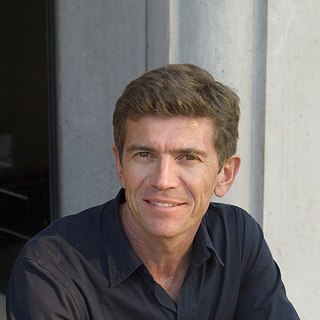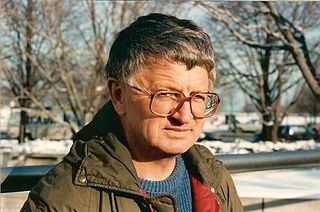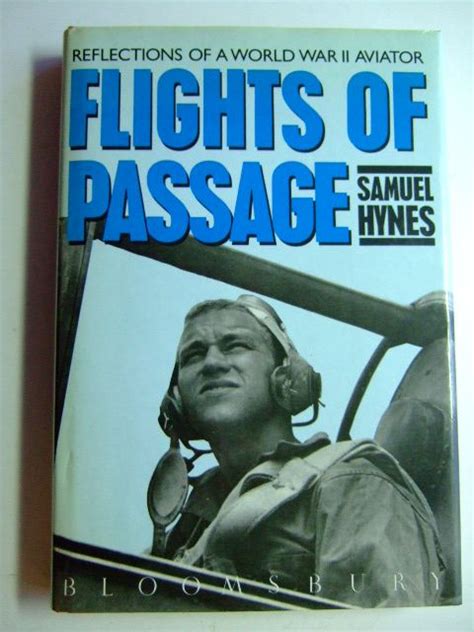A Quote by Gene Luen Yang
If I'm writing about a modern-day suburb, there's going to be details of the home and furniture, and if I'm writing about a historical period, those details, those pieces of the world are going to be there as well, but they'll be simplified, because I'm cartooning it.
Related Quotes
People will ask me, "How do you approach writing books for young readers differently than for adults?" My answer is always: I don't change anything about the story itself. I'm going to tell kids the way things really were. What I don't do - and this is the only thing I do differently in writing for kids - is that I don't revel in the gory details. I allow readers to fill in the details as necessary. But I don’t force kids to have to digest something they’re not mature enough or ready for yet. If they are, they can fill in the details even better than I could, just with their imaginations.
I often tell people who want to write historical fiction: don't read all that much about the period you're writing about; read things from the period that you're writing about. There's a tendency to stoke up on a lot of biography and a lot of history, and not to actually get back to the original sources.
The secret to writing is writing. Lots of people I know talk about writing. They will tell me about the book they are going to write, or are thinking about writing, or may write some day in the future. And I know they will never do it. If someone is serious about writing, then they will sit down every day and put some words down on paper.
When you're writing a movie or a play and writing isn't going well, which is for me the normal condition - it's an exceptional day when suddenly I've got something and it's going well - you can call the studio or the producer or whoever is waiting for it and say, "I know I said I was going to have it in by the end of the summer.
So I made an outline. Well, you know, days are going by, and I am not writing anything because this thing is laid out in front of me. It's as if you get every brochure for a trip you are going to go on and you get the minutest details of every step along the way. Well, I really doubt you're going to then get in the car and go. You know, it's like, why bother if it's all laid out in front of you?
When you're writing a book that is going to be a narrative with characters and events, you're walking very close to fiction, since you're using some of the methods of fiction writing. You're lying, but some of the details may well come from your general recollection rather than from the particular scene. In the end it comes down to the readers. If they believe you, you're OK. A memoirist is really like any other con man; if he's convincing, he's home. If he isn't, it doesn't really matter whether it happened, he hasn't succeeded in making it feel convincing.
In period pieces or genre pieces, those have to be set in historical truths. But, science fiction has different game pieces. And with those game pieces come other stories we're not familiar with. So, science fiction teaches us how to relate to outsiders, to foreigners, and to not approach any of that with fear, but a genuine curiosity.






































